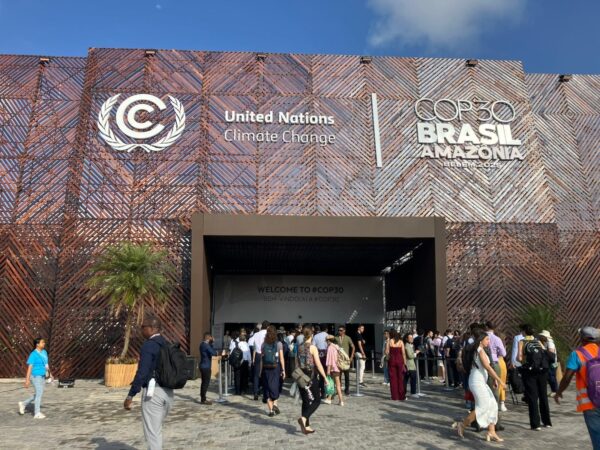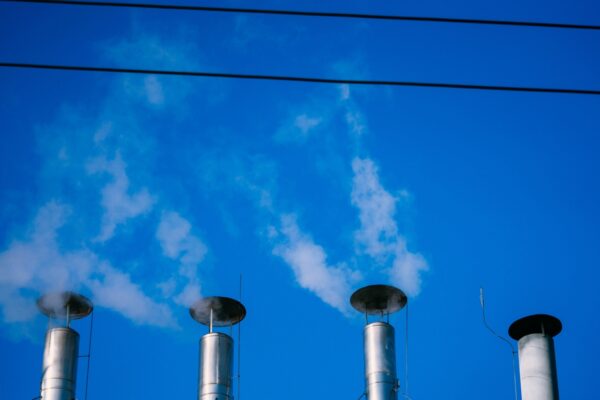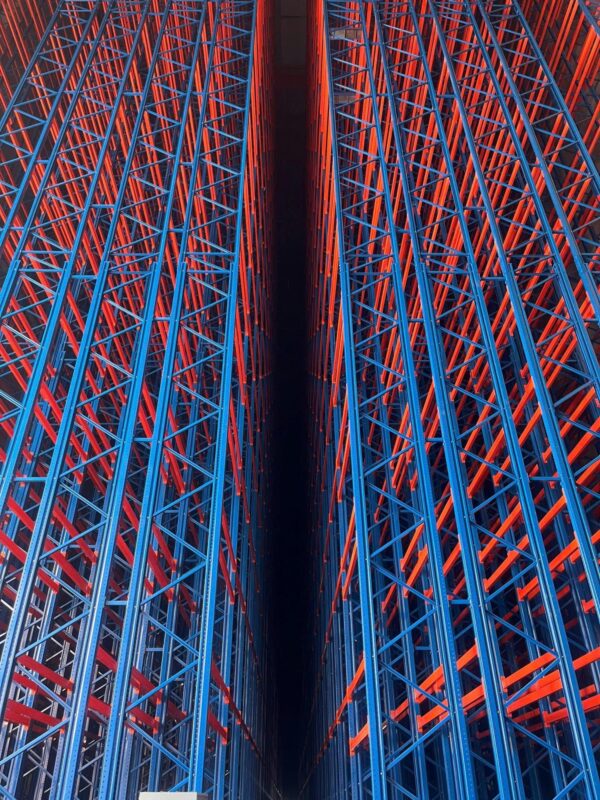Report: Why gas is the new coal
Share

Glasgow, 4 November, 2021. Gas has no place in a 1.5˚C world, and its use should already have peaked, but instead the expansion of the industry continues to rise, according to a new report by Climate Analytics.
The “Why gas is the New Coal” report looks at the role of natural gas in a 1.5˚C compatible global energy mix, and finds it needs to drop by more than 30% below 2020 levels by 2030, and 65% below 2020 levels by 2040.
“Natural gas is not a bridging fuel. It is a fossil fuel,” warned lead author and CEO of Climate Analytics, Bill Hare. “Gas is the new coal, and just as we see all these announcements today in Glasgow from governments pledging to get out of coal, we have to ask the question: why are they not also targeting gas?”
“Governments, investors and the financial sector must treat it the same way as they do coal: phase it out as soon as possible.”
The report examines the past role of the International Energy Agency, whose scenarios have commonly included gas, and have been used as an excuse by the gas industry to keep on expanding. It includes case studies of Australia, the world’s largest gas exporter, and India.
It also questions the role of Carbon Capture and Storage (CCS), which is also used as an excuse by industry to continue expansion, but warns the IEA’s latest scenarios (the net zero scenario) sees CCS out of the power sector by 2030.
“CCS has not been proven at scale, it is hugely expensive, and has a highly uncertain future. Yet 15% of gas expansion is predicated on the use of CCS. The global CCS pipeline is inconsistent with its planned rollout,” said Hare.
It also dispells the myth of “blue hydrogen”, a highly emissions-intensive operation using natural gas combined with CCS. Blue hydrogen is not a bridging fuel to green hydrogen, made with renewable energy.
“Gas is not a bridging fuel, blue hydrogen is not a bridging technology, ultimately, gas is a bridge to nowhere. All governments concerned about climate change who have stated their support for transitioning to a 1.5˚C world need to understand one thing: gas is the new coal,” said Hare.











